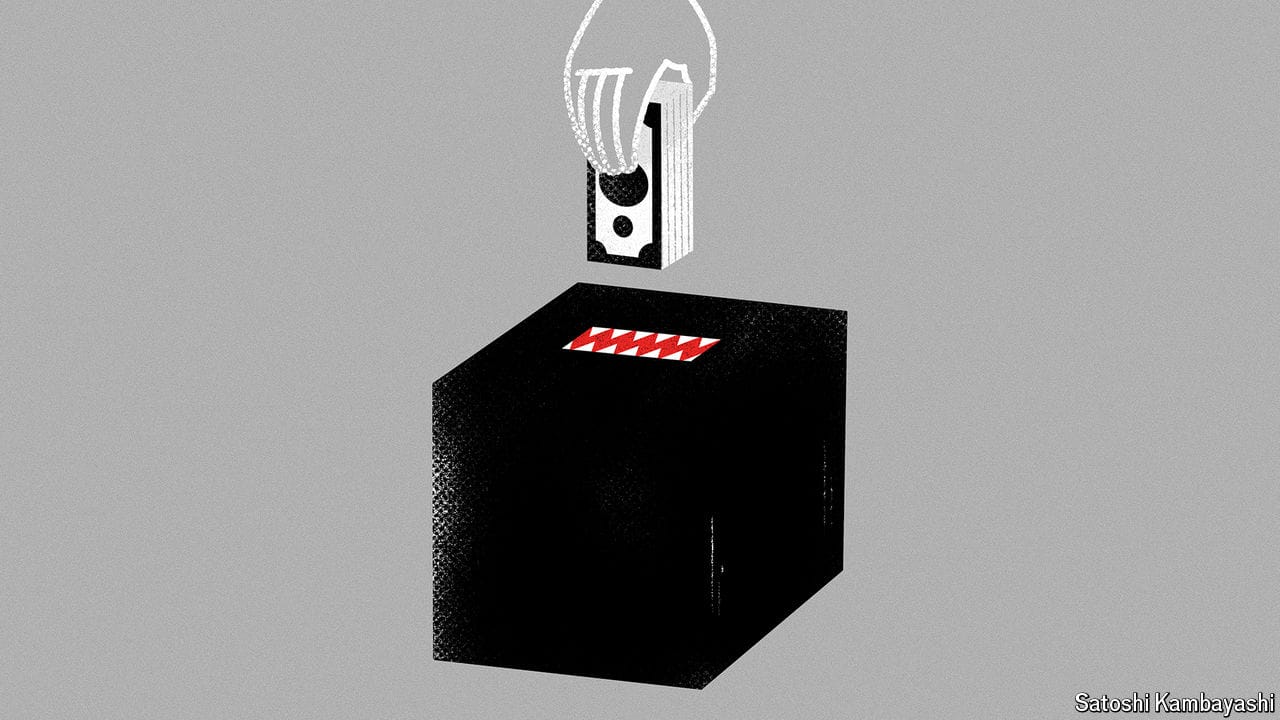Methods for all moments
The Nobel prize in economics reveals how little we know about the behaviour of markets

THE “prize in economic sciences in memory of Alfred Nobel”, as it is officially known, sometimes struggles to command the same respect as its counterparts. Though awarded by the Royal Swedish Academy of Sciences, just like the prizes in physics, chemistry and medicine, it was a latecomer to the ceremonies, established in 1968 by Sweden’s central bank rather than in 1896 by Mr Nobel’s will. This year’s winners appeared to reinforce doubts about the prize’s standing. One, Eugene Fama of Chicago, is known for his ardent belief in the efficiency of markets: he declined to renew his subscription to this newspaper after tiring of its incessant warning about bubbles, the very existence of which he denies. Robert Shiller from Yale, in contrast, is known for his prescient warnings of bubbles, in technology stocks in the 1990s and in housing in the 2000s.
This article appeared in the Finance & economics section of the print edition under the headline “Methods for all moments”
More from Finance and economics

China’s last boomtowns show rapid growth is still possible
All it takes is for the state to work with the market

What the war on tourism gets wrong
Visitors are a boon, if managed wisely

Why investors are unwise to bet on elections
Turning a profit from political news is a lot harder than it looks
Revisiting the work of Donald Harris, father of Kamala
The combative Marxist economist focused on questions related to growth
Donald Trump wants a weaker dollar. What are his options?
All come with their own drawbacks
Why is Xi Jinping building secret commodity stockpiles?
Vast new holdings of grain, natural gas and oil suggest trouble ahead
